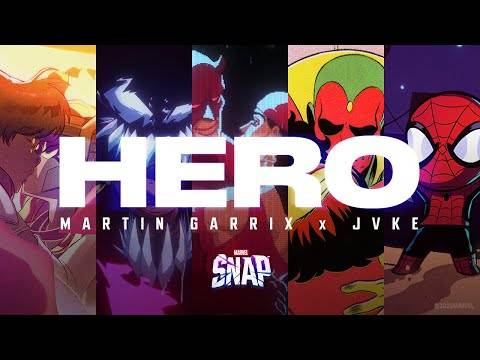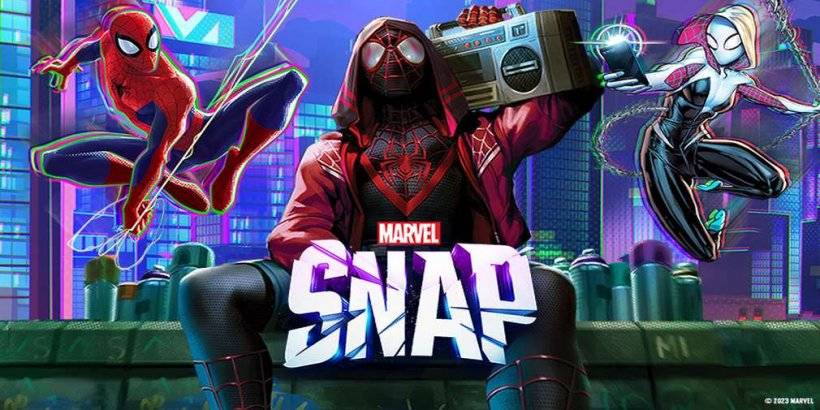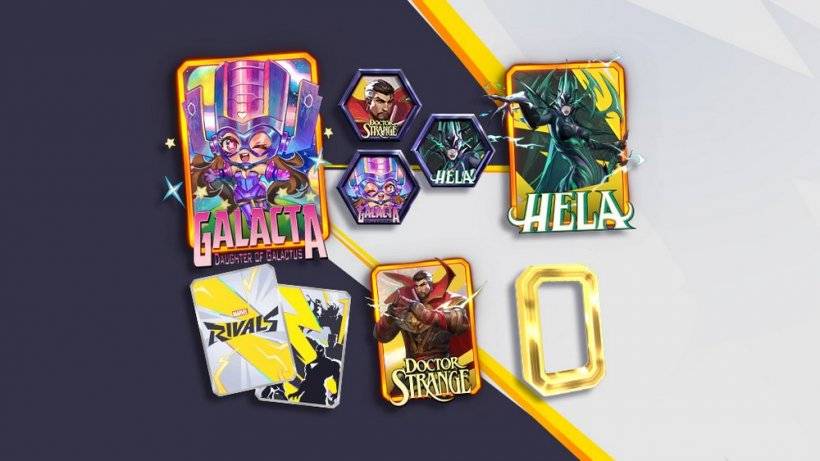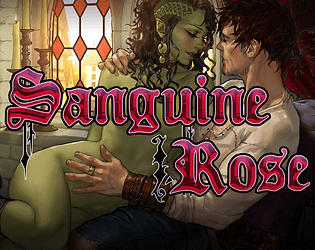TikTok's weekend ban dominated headlines, but the fallout extended beyond the social media platform. Several top-tier releases, including Marvel Snap, were also pulled from US app stores. This seemingly impulsive move by ByteDance, TikTok's parent company, has left developer Second Dinner scrambling and raises serious concerns about the future of mobile gaming partnerships.
The TikTok ban, anticipated due to a congressional act labeling it a foreign adversary-controlled app, briefly went into effect Sunday. However, President-elect Trump's swift intervention and ByteDance's rapid response restored TikTok's US availability. This dramatic turnaround, seemingly orchestrated by ByteDance, generated significant media attention.
However, this political maneuver also impacted other ByteDance subsidiaries' games, including Marvel Snap and Mobile Legends: Bang Bang. The message was clear: accept all of ByteDance's apps or none. Second Dinner, Marvel Snap's developer, reportedly received no prior warning and has been actively addressing player concerns on Twitter, promising a swift return to service and offering compensation for lost playtime.

ByteDance's strategy, leveraging the TikTok ban to garner public support and ultimately securing its reinstatement, appears calculated. However, this political gamble inadvertently caught other game developers off guard. Second Dinner's experience highlights the vulnerability of gaming companies caught in the crossfire of geopolitical maneuvering. While unlikely to sever ties with ByteDance immediately, the incident undoubtedly eroded trust. The incident suggests that ByteDance prioritizes its social media empire over its gaming ventures.

This isn't ByteDance's first foray into controversial gaming decisions. In 2023, the company significantly downsized its gaming division, canceling numerous projects. While Marvel Snap initially suggested a shift towards partnerships, this recent incident casts doubt on this strategy's reliability. Potential partners may now hesitate, fearing similar disruptions. Disney, whose Marvel intellectual property is involved, also faces reputational risk, particularly given the recent success of NetEase's Marvel Rivals.

The implications extend beyond ByteDance. Tencent, NetEase, and other Chinese gaming companies may face similar scrutiny. The FTC's actions against MiHoYo regarding loot boxes further illustrate the increasing regulatory pressure on the gaming industry. ByteDance's experience serves as a cautionary tale, highlighting the unpredictable nature of political interference in the gaming sector.
The Marvel Snap incident unexpectedly galvanized public attention. Many previously indifferent to the TikTok ban voiced concerns when their favorite game was affected. ByteDance's gamble, while successful, sets a troubling precedent. The potential for future disruptions to gaming based on political whims poses a significant threat to players, developers, and IP holders alike. The unpredictable nature of this situation highlights the risks inherent in the intersection of politics and entertainment.















